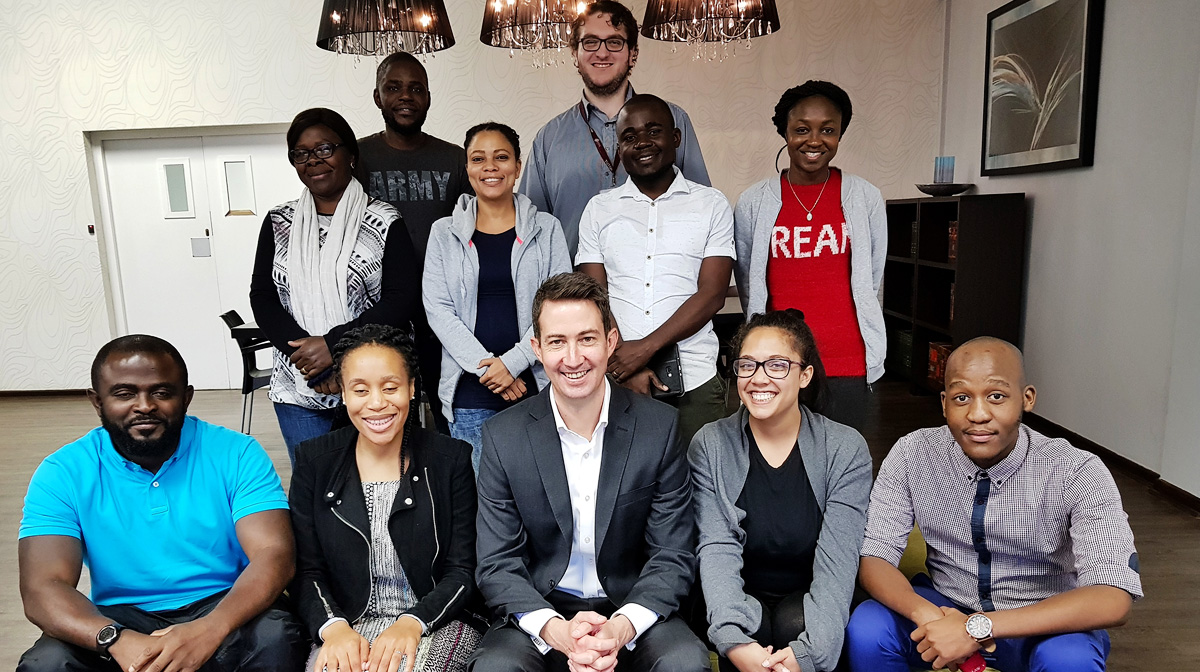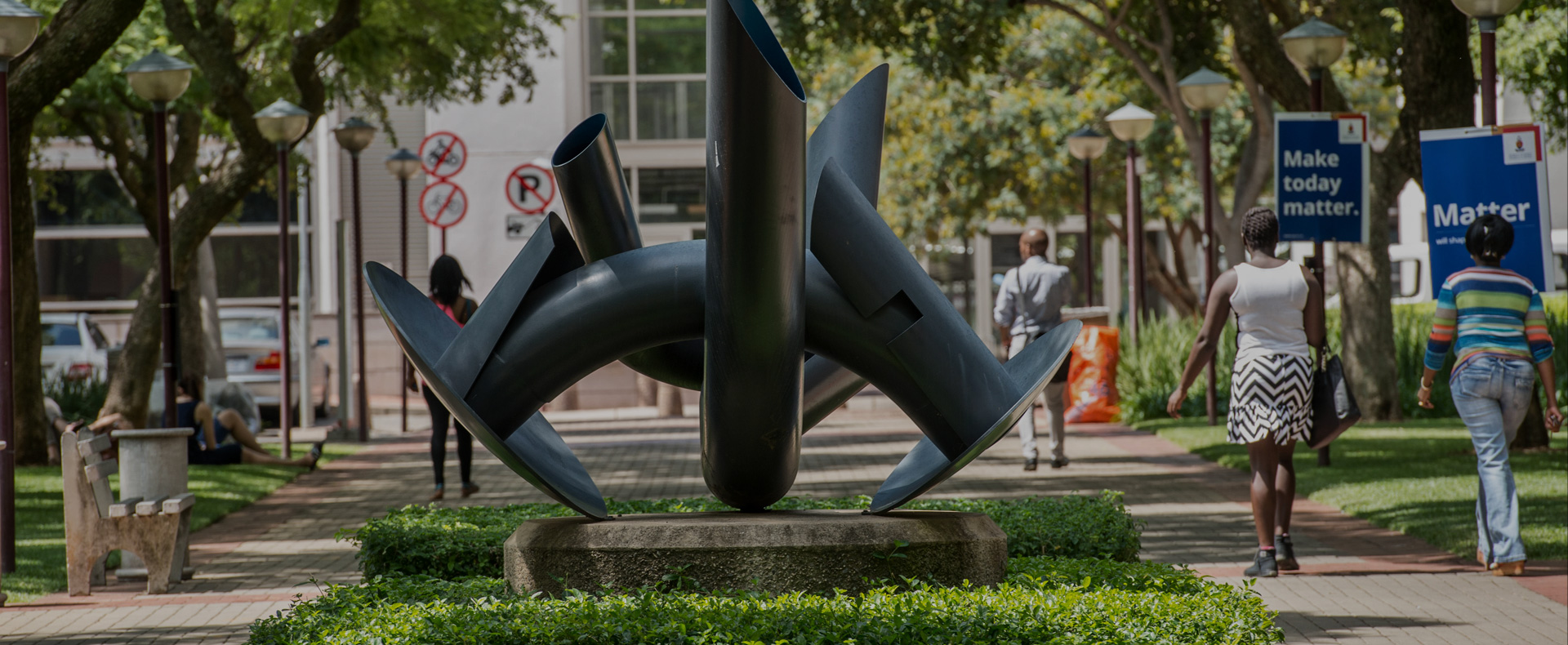Course on Special Economic Zones - University of the Western Cape

Photo above: Jamie MacDonald poses with LLM students attending the Special Economic Zone training at the University of the Western Cape.
From 16 - 18 May 2018, I had the pleasure of travelling to Cape Town, South Africa to participate in a course on special economic zones (SEZs) offered by DLA Piper to students at the University of the Western Cape (UWC), as part of a LLM curriculum on international trade and investment law.
The class was diverse. It included students from South Africa, Malawi, Namibia, Ghana, Zimbabwe and Zambia. Their backgrounds were equally as interesting, as there was an eclectic mix of academics, practising lawyers and public and private sector employees.
The mix of the DLA Piper team was also diverse, including Jeff Sheehy and Emilie Barton (Brisbane), Martin Schaefermeier (Washington, D.C.), Enrique Chamorro (Madrid), Emily Chalk (London) and myself (Johannesburg). A guest appearance from economics professor Jim Coleman (London, Oxford Policy Management) diluted the lawyer factor.
My remit was somewhat daunting - to be the "on the ground" trainer to the students and to act as a moderator for the other members of the DLA Piper team who would be participating via videoconference. A technological first for this course, as I understand. Sceptical as I was, the technology proved to be very reliable and worked extremely well. I should mention that the envy of my co-presenters (at my being in sunny Cape Town) was palpable.
The course was run over two and a half days of back- to-back lectures, led by different members of the DLA Piper team as well as professor Jim Coleman.
Given that SEZs are not necessarily front of mind in discussions on infrastructure development in Africa, the course started at the beginning (what are SEZ's, their history and current trends), moved through some of the more technical considerations surrounding these types of assets (including policy and framework issues, case studies of various countries, trade agreements, etc.) and ended with discussions around economic considerations of SEZs, doing business in Africa and a review of the South African legislation on SEZs.
The students were really welcoming and well prepared, engaging and particularly receptive to class exercises and discussions. There was some 'spirited debate' during the course on issues relevant to Africa, which made for robust and interesting discussions and contributed to a very collegial atmosphere for all involved.
I should make mention of, and thank, Professor Riekie Wandrag (the course leader) who was a wonderful host and runs what is a very impressive course (evidenced, at least in part, by the calibre of speakers who had preceded us - delegates from the World Bank and World Trade Organisation, some of whom are graduates of this very course).
I thank New Perimeter for the opportunity to be part of a course that is so openly and highly regarded by its students and to be a member of (and work alongside) such an impressive team of trainers and colleagues.
Teaching About Special Economic
Zones in South Africa
